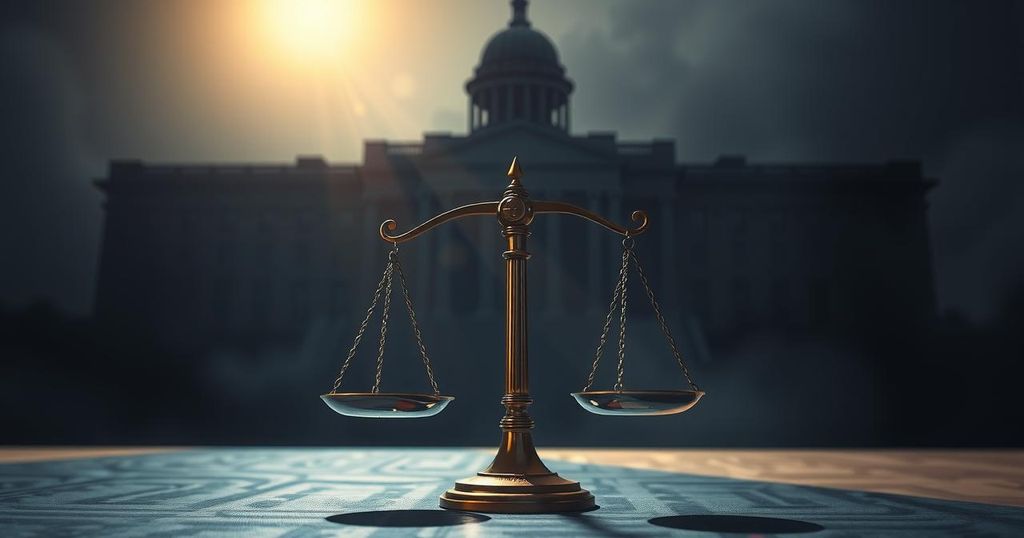The UN’s latest report implicates the Nicaraguan army in human rights violations during the 2018 protests. It details the military’s collusion with the government’s repression tactics, highlighting their role in fatalities and violence against civilians. The findings contradict the military’s claims of non-involvement, showcasing a systematic approach to suppress dissent and maintain state control.
The United Nations Group of Human Rights Experts on Nicaragua (GHREN) has presented convincing evidence implicating the Nicaraguan army in crimes against humanity. These claims challenge the military’s longstanding denial of involvement in the repression of social protests that erupted in 2018 against the regime of Daniel Ortega and Rosario Murillo, during which over 350 individuals lost their lives. The report highlights that active military officers were involved in strategizing responses to what they viewed as a coup attempt by social organizations.
The GHREN report, released on February 26, indicates that the Nicaraguan military leadership was complicit in systematically suppressing protests ordered directly by Ortega and Murillo. They were accused of employing excessive violence, following an order to “go in with everything,” which resulted in actions classified as crimes against humanity, currently subject to prosecution in Argentina’s courts. Notably, army chief Bayardo Rodríguez communicated directives to neutralize demonstrators from the president, showing a clear chain of command.
According to the report, the army not only coordinated with the National Police and pro-government militias but was also integral to the broader strategy of repression. A range of violent actions, including the use of specialized weaponry and direct interventions against demonstrators, is documented. The systematic use of lethal weapons and targeted shootings indicated a design to instill fear rather than merely disperse protests, thus affirming the grave nature of the government’s response.
The army, despite publicly portraying itself as a neutral entity, reportedly engaged in co-opting civilian areas for strategic military operations during the protests. This tactic was cloaked with claims of limiting their role to protecting strategic assets. Nevertheless, the army’s alignment with the Ortega and Murillo administration has been increasingly evident, as demonstrated during the recent swearing-in of General Julio César Avilés, whose term extension underscores the military’s enduring support for the regime.
Furthermore, the GHREN report identifies a vast surveillance network operated by military personnel and affiliated groups, aimed at monitoring and suppressing dissent. This network uses intelligence systems across various government ministries to identify, harass, and detain opposition figures, effectively aiming to control the populace at every societal level. The sophisticated and deliberate nature of this intelligence-gathering exemplifies the extensive measures employed by the regime to maintain power and suppress resistance.
In summary, the United Nations report substantiates claims of the Nicaraguan army’s involvement in severe human rights violations during civil unrest in 2018. High-ranking military officials were orchestrated collusion with police and paramilitary forces to implement orders from Ortega and Murillo. This comprehensive overview unveils a coordinated effort to repress dissent through violence and surveillance, revealing an alarming pattern of governmental abuse of power.
Original Source: english.elpais.com




